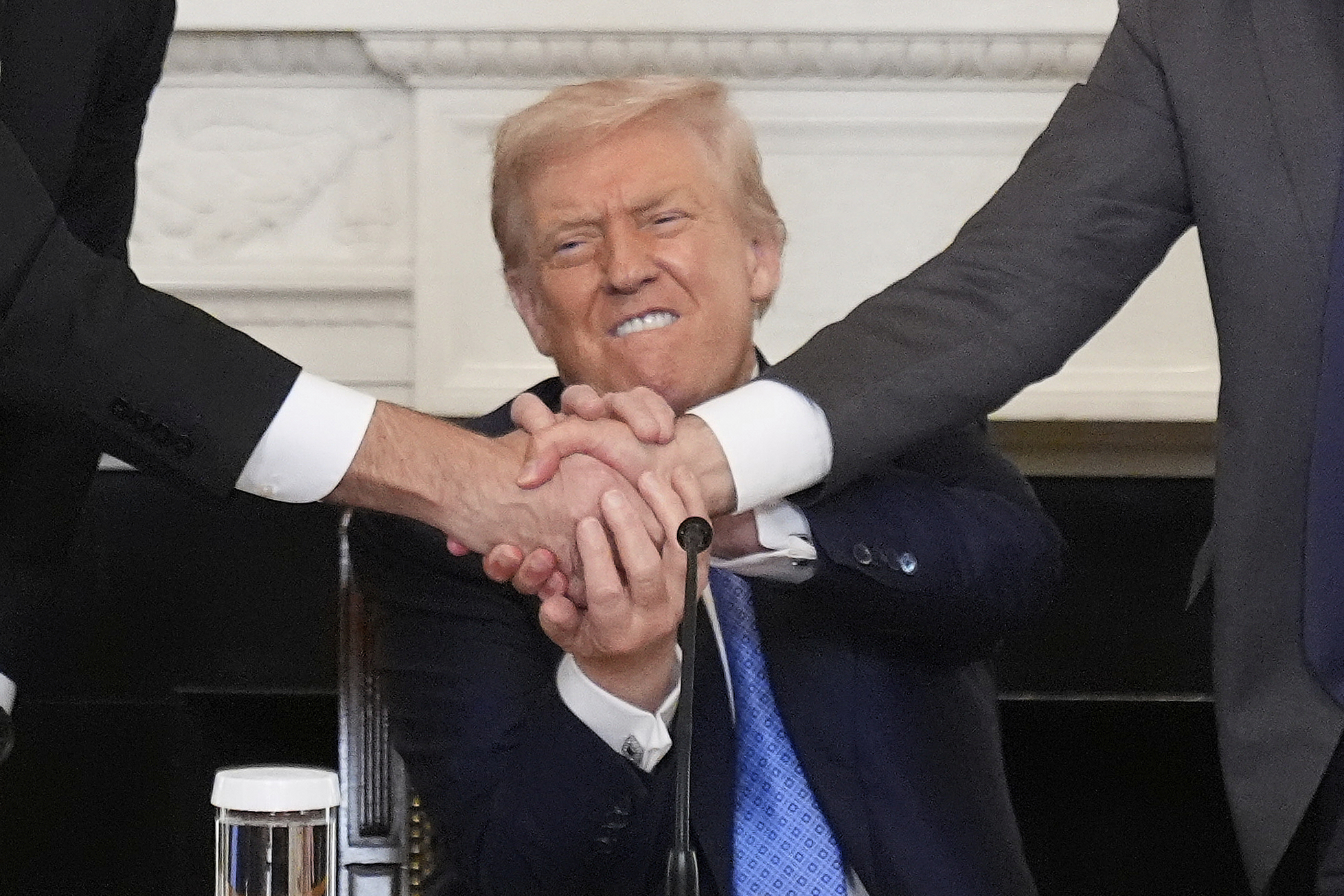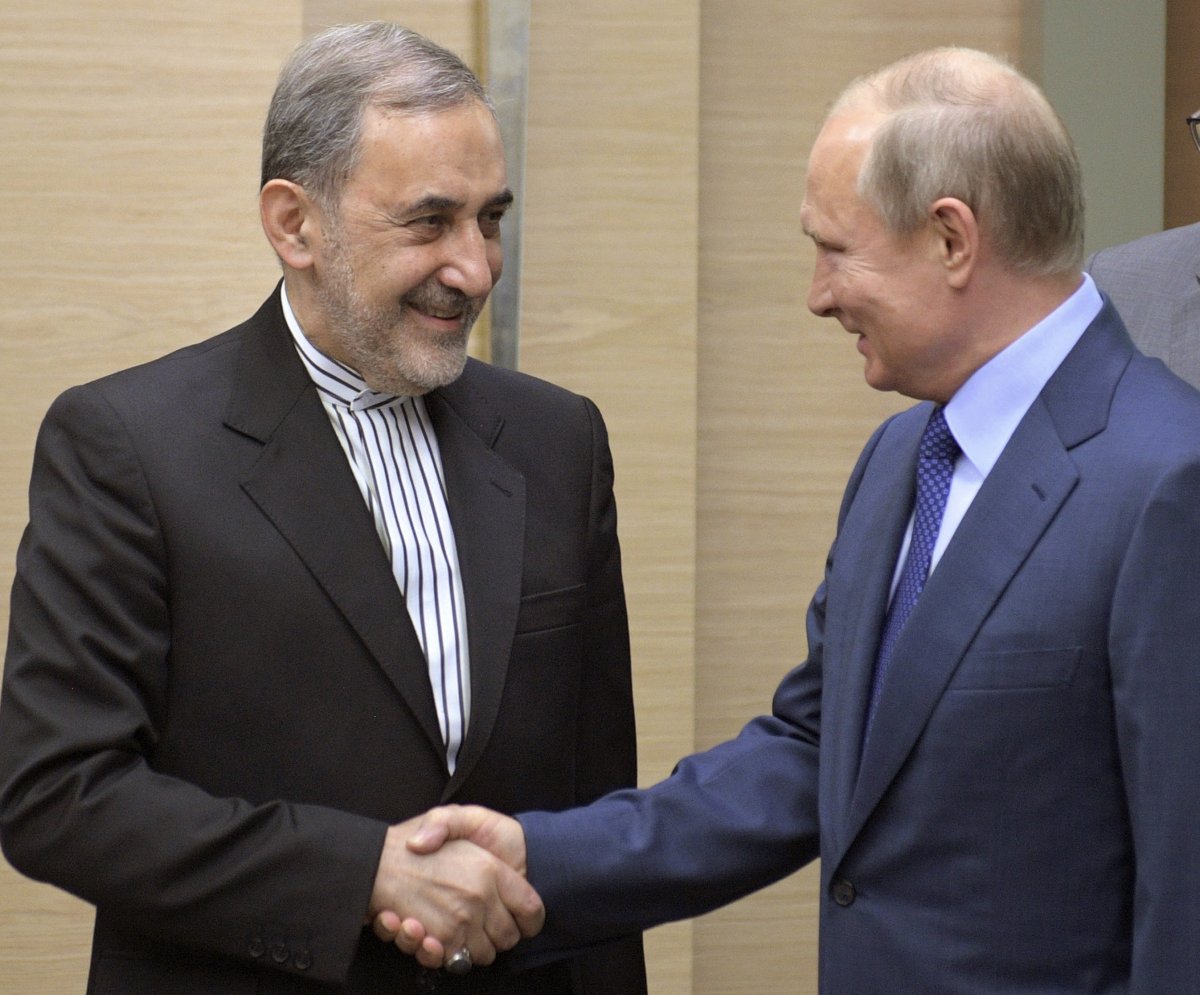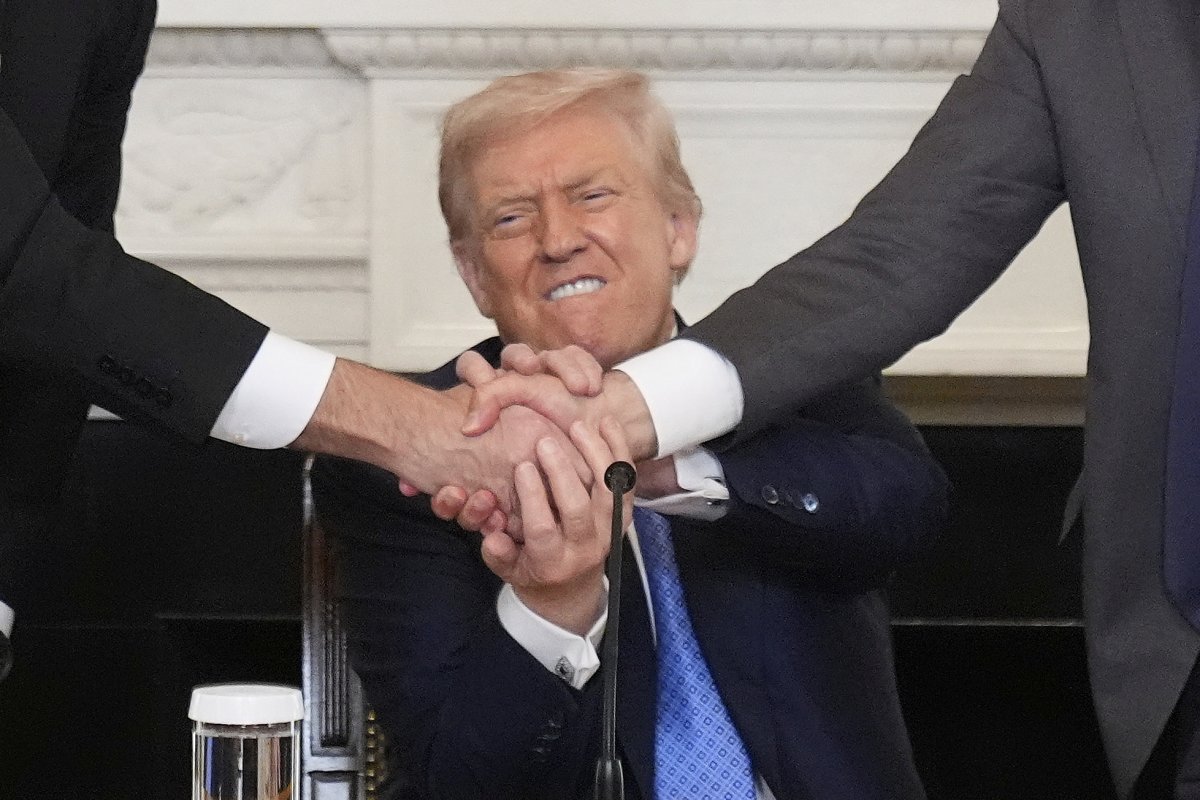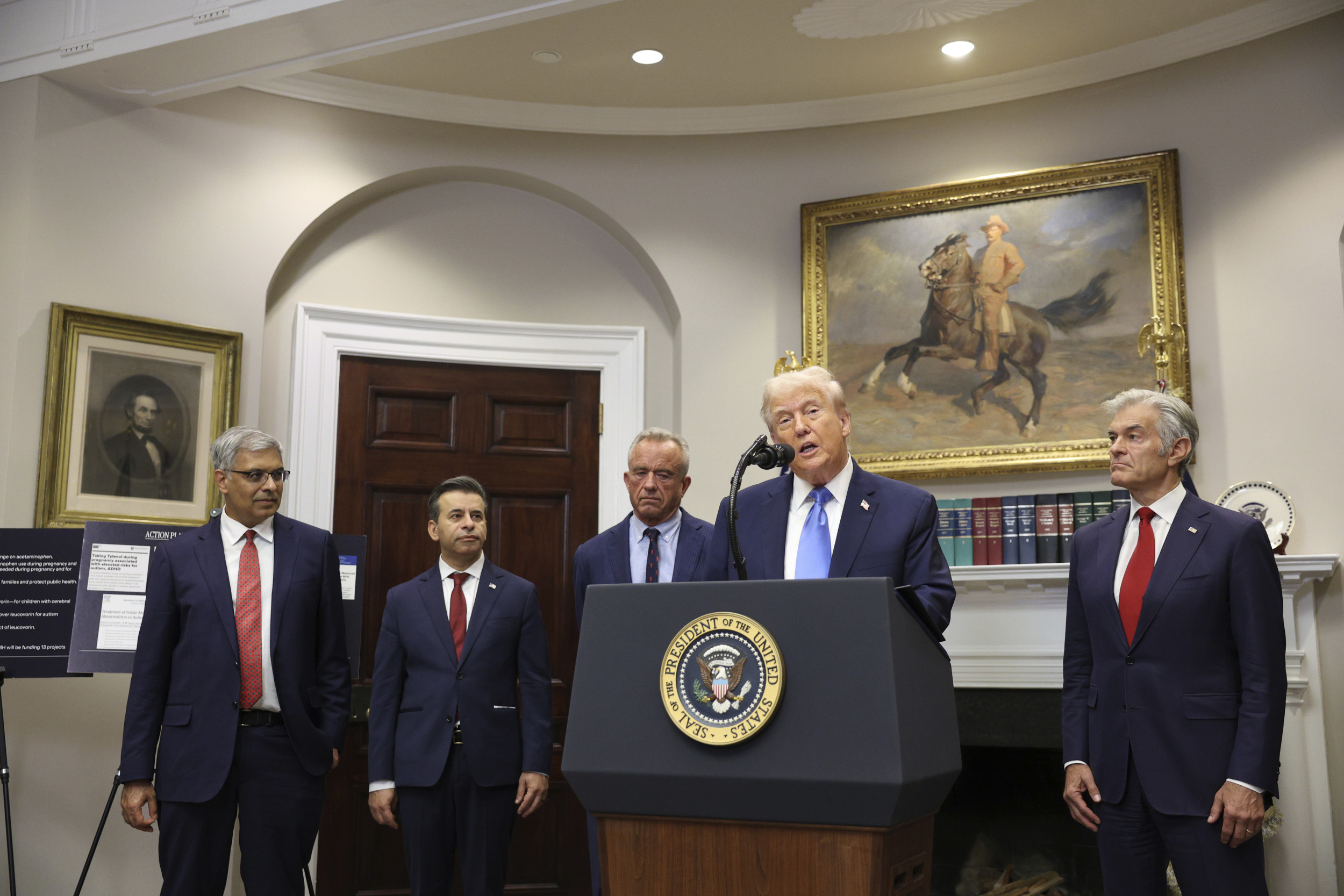
Iran has vowed to block the dividends of a U.S.-backed peace plan on its doorstep, threatening to turn the area into “a graveyard of the mercenaries of Donald Trump.”
The warning by a senior adviser to Iran’s Supreme Leader Ali Khamenei came after the leaders of Armenia and Azerbaijan met at the White House last week to signed a peace treaty that granted America exclusive rights to development a strategic land route known as the “Zangezur corridor.”
Iran’s Foreign Ministry officially welcomed the peace between its neighbors, but Ali Akbar Velayati told the semi-official Tasnim news agency that Tehran views the corridor—dubbed the “Trump Bridge”—as a serious threat to its national security, as it would connect Azerbaijan to its Nakhchivan exclave through Armenian territory along Iran’s northern border.
The U.S. State Department and Iran’s Foreign Ministry did not immediately respond to separately written requests for comment.
Why It Matters
The agreement, signed by Trump alongside Prime Minister Nikol Pashinyan of Armenia and President Ilham Aliyev of Azerbaijan, grants the United States a 99-year lease on the corridor, which the White House is calling the “Trump Route for International Peace and Prosperity.”
The Trump Bridge will give American forces direct access to the border area just north of Iran’s province of East Azerbaijan, raising security concerns in Tehran. The deal also raises the U.S.’s stake in the South Caucasus, a region long dominated by Russian influence.
What To Know
The corridor linking Azerbaijan to its Nakhchivan region runs through Armenia’s southern province of Syunik, strengthening Azerbaijan’s economic and strategic ties while shifts regional power away from Russia.
The Kremlin’s influence as a power broker has waned since Azerbaijani forces displaced tens of thousands of Armenians from Nagorno-Karabakh in 2023. Armenia’s closer ties with Washington signal a major geopolitical realignment.
Iran insists the corridor is unnecessary for trade, as Azerbaijan can access Nakhchivan through Iranian territory—the new route could erode Iran’s economic leverage.

Alexei Druzhinin/AP Photo
Velayati, Khamenei’s adviser, warned that NATO members including Turkey were seeking a greater presence in the region, too. “NATO wants to lie between Iran and Russia like a viper, but Iran will not permit it.”
Tehran appears to view the Zangezur corridor as a NATO- and U.S.-backed attempt to establish military infrastructure on its northern border. Velayati said military exercises carried out in northwest Iran demonstrated the regime’s determination to prevent any geopolitical changes.
On Saturday, Russia cautiously welcomed the U.S.-brokered draft deal, emphasizing support for regional stability and dialogue. Velayati responded by saying Iran would act “with or without Russia” to protect its interests, warning that the corridor threatens to redraw borders and destabilize the region.
U.S. Perspective
Trump praised the agreement as “a major step toward ensuring peace and security in the region” that underscored America’s commitment to “protecting our interests and allies along critical transit routes.”
U.S. officials said the corridor would boost economic development and foster regional connectivity, while opponents cautioned it could complicate diplomatic relations among neighboring countries.

Mark Schiefelbein/AP Photo
What People Are Saying
Ali Akbar Velayati, senior adviser to Iran’s supreme leader: “Such a corridor will turn into a graveyard of the mercenaries of Donald Trump, not a route owned by the U.S. president. As a result, Iran has insisted that it will move in line with the security of the South Caucasus, with or without Russia. We believe that Russia is also strategically opposed to that corridor.”
Donald Trump, president of the United States: “Now they’re friends, and they’re going to be friends for a long time.”
What Happens Next
Tensions may persist over the corridor and the U.S.’s growing presence in the South Caucuses, but the stakeholders likely will intensify their diplomatic efforts to address Iran’s security concerns.
On Monday, Armenian leader Pashinyan and Iranian President Masoud Pezeshkian spoke by phone to discuss the deal, according to Iran’s official news agency IRNA.




